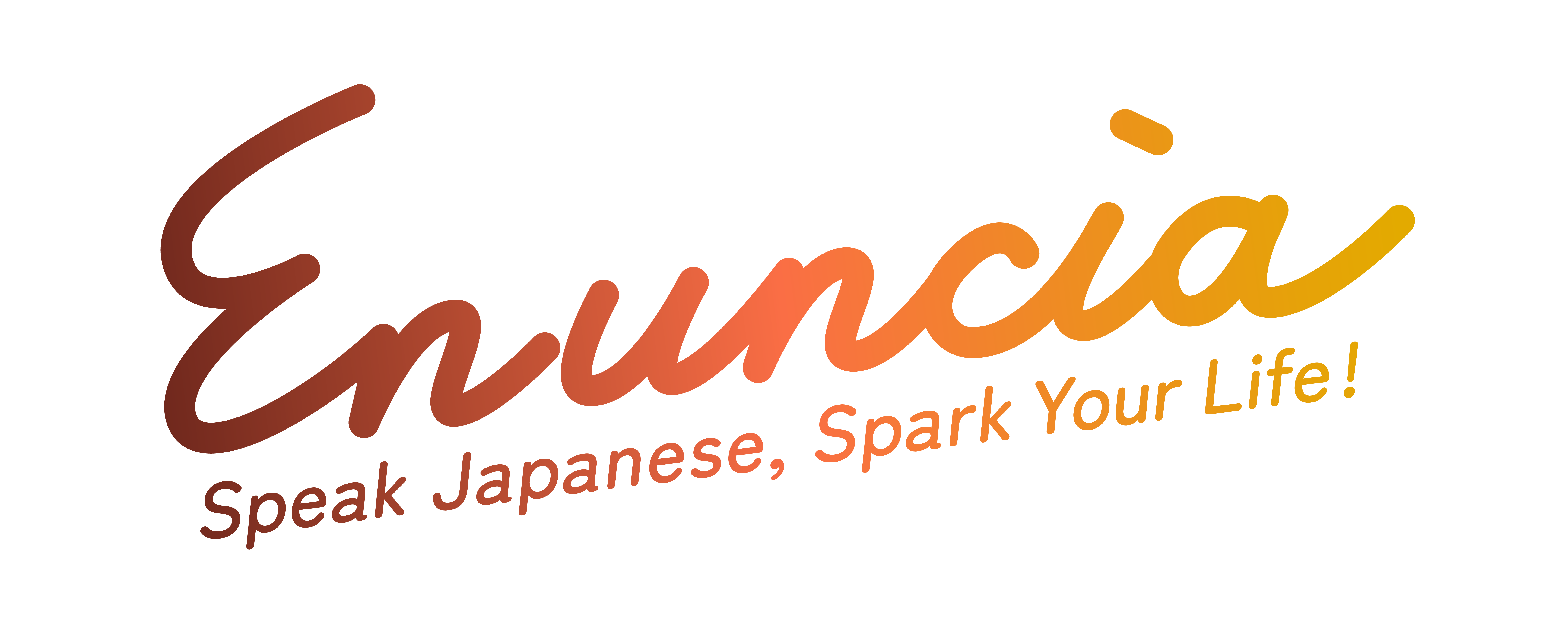JLPT N3・N4 Grammar – “〜そうだ” and “〜らしい”

Table of Contents
1. Difference between “-Souda” and “-Rashii”
2. そうだ
3. らしい
4. Let’s Compare
5. Summary
6. Quiz
7. Similar Articles
8. Comment
Q: Are there any differences in grammar between “~そうだ” and “~らしい”?
A: Both are used by the speaker to convey information, but there are slight differences in meaning.
そうだ (JLPT N4)
[Rules]
[V] Verb plain form + そうだ
[A] い Adjective + そうだ
[Na] な Adjective + そうだ
[N] Noun plain form + そうだ
[Examples]
[V] あした雨が降るそうです。
I heard it will rain tomorrow.
[A] 来週はあたたかいそうです。
It seems it will be warm next week.
[Na] ゆみさんは元気だそうです。
I heard Yumi is well.
[N] トムさんは学生だそうです。
I heard Tom is a student.

If you want to learn more about
the other uses of ”〜そう”,
please read this article.
らしい (JLPT N3)
[Rules]
[V] Verb plain form + らしい
[A] い Adjective + らしい
[Na] な Adjective + らしい
[N] Noun plain form + らしい
[Examples]
[V] あした雨が降るらしいです。
I heard it will rain tomorrow.
[A] 来週はあたたかいらしいです。
It seems it will be warm next week.
[Na] ゆみさんは元気らしいです。
I heard Yumi is well.
[N] トムさんは学生らしいです。
I heard Tom is a student.
Let’s Compare
1.Hearsay-1
When conveying something to someone, the speaker uses “そうだ” when the reliability or certainty of the obtained information is high, and “らしい” when it is low.
[Example 1]
木村さんから聞いたんですが、木村さんは来月から東京で働くそうですよ。
I heard from Mr. Kimura that he will work in Tokyo from next month.
⇒Since the speaker heard directly from Mr. Kimura, the reliability of the information is high.
うわさで聞いたんですが、木村さんは来月から東京で働くらしいです。
I heard rumors that Mr. Kimura is likely to work in Tokyo from next month.
⇒Since it’s information from rumors rather than directly from Mr. Kimura, the reliability is low.
[Example 2]
A:「吉田さん、来月会社を辞めるらしいですね。」
B:「え、誰から聞いたんですか?」
A:「んー誰だったかな。誰かが言ってましたよ。」
B:「わたしは部長から聞いたんですが、辞めるんじゃなくて休むそうですよ。」
A: “I heard Mr. Yoshida is leaving the company next month.”
B: “Huh, who did you hear that from?”
A: “Hmm, I can’t remember who it was. Someone mentioned it.”
B: “I heard it from the manager, but it seems like he’s not leaving; he’s just taking a break.”
⇒In this conversation, A forgets who he heard the information from, indicating low reliability, hence he uses “~らしい“.
However, B uses “~そうだ” as he heard it from the department head, indicating high reliability.
2.Hearsay-2
When the speaker has a strong interest or concern regarding the information they’ve obtained, they are more likely to use “~そうだ” than “~らしい”.
[Examples]
①来月、近くの公園で大きなお祭りがあるそうだよ。楽しみだね。
Next month, there’s a big festival in the nearby park. Sounds exciting, doesn’t it?
②来月、近くの公園で大きなお祭りがあるらしいよ。
Next month, there’s apparently a big festival at the nearby park.
In example ①, the speaker’s excitement for the festival is evident with “楽しみだね” (Looking forward to it, right?).
When the speaker has high interest or curiosity in the information, “~そうだ” is more appropriate.
Conversely, in example ②, the speaker objectively presents the information, indicating less interest compared to “そうです.”
3. Inference
“~そうだ” can also be used when expressing the state or appearance of something, or when making predictions or judgments. Hence, it can be used in such contexts as well.
[Example]
〇 (わたしは)次のJLPTに受かりそうです。
(I) seem likely to pass the next JLPT.
“~らしい” can be used not only for information obtained from somewhere but also when the speaker objectively observes a situation and makes an inference.
However, it cannot be used for subjective inferences, so caution is needed.
[Example]
〇 この店はいつも混んでいるので人気らしいです。。
This restaurant is always crowded, so it seems popular.
×(わたしは)次のJLPTに受かるらしいです。
(I) seem likely to pass the next JLPT.
Furthermore, similar to Comparisob 1, when the speaker’s inference accuracy is high, “~そうだ” is used; when it’s low, “~らしい” is preferred.
[Example]
母にメールを送ったけど返事が来ない。いつも忙しいからまだメールに気づいてなさそうだ。
I emailed my mom but haven’t received a reply. She seems not to have noticed it yet, probably because she’s always busy.
⇒This inference is based on the mother’s usual busyness, hence it’s more accurate.
母にメールを送ったけど返事が来ない。まだ気づいていないらしい。
I emailed my mom but haven’t received a reply. She doesn’t seem to have noticed it yet.
⇒It suggests a low inference accuracy as there’s no specific reason for the inference.
Summary
1. The degree of reliability and certainty of the information obtained by the speaker.
When the reliability and certainty of information are high, use “~そうだ“; when they are low, use “~らしい“.
2. The degree of interest and concern of the speaker toward the obtained information.
When interest and concern towards the information are high, use “~そうだ“; when they are low, use “~らしい“.
3. The degree of accuracy in objectively inferred information by the speaker.
It can be used for objectively inferred speculation but not for subjective ones.
When the reliability and certainty of inferred speculation are high, use “~そうだ“; when they are low, use “~らしい“.
Quiz
Read the following sentence and choose the expression that fits the context from the options provided in the parentheses.
Click on the question to check the answer.
A.そうもない
わたしは一日に漢字100こを覚えられそうもない。
I don’t think I can memorize 100 kanji a day.
*”そうだ” is used for the speaker’s own inference or speculation.
A.らしい
A「あそこに人がたくさんいるね。」 B「なんか事故があったらしいよ。」
A: “There are a lot of people over there.”
B: “It seems like there was some kind of accident.”
*Since B is saying “なんか – something,” the certainty of the information is low, so “らしい” is appropriate.
A. よさそうだ
今度ここのレストランに行かない?ネットでの評判も良くて、料理もおいしいって書いてたし、よさそうだよ。
Do you want to go to this restaurant next time? It has good reviews online and they said the food is delicious.
*Based on two pieces of information: “The online reviews are good” and “It was written that the food is delicious.” The certainty of the obtained information is high, so “そうだ” is appropriate.
A. 行くらしい
うわさで聞いたけど、トムさんは東京の有名な大学に行くらしいよ。
I heard a rumor that Tom is apparently going to a famous university in Tokyo.
*Since it’s information with low reliability heard from “rumors,” “らしい” is used.






I learned a lot because I didn’t fully understand the difference between these two!Thank you very much!
Glad to hear that! Thank you:)